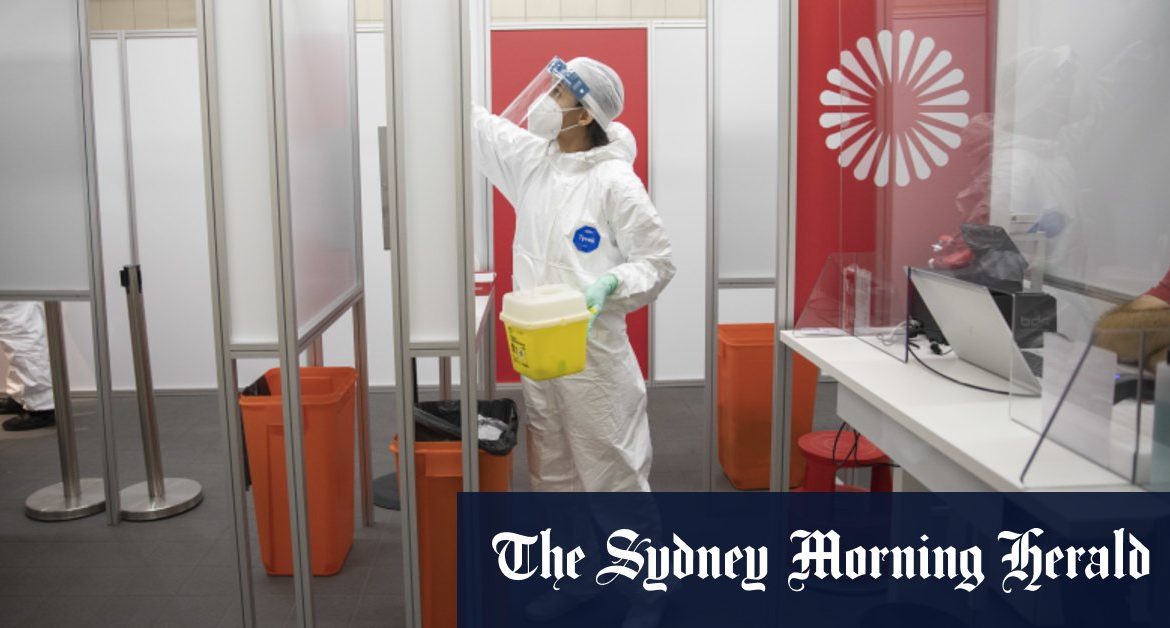Germany appears to be the furthest ahead of European nations in its planning for the daunting logistical and administrative challenge that could be just a few weeks away if the first vaccines gain approval.
Europe’s drug watchdog expects to receive the first application for conditional marketing approval for a COVID-19 vaccine “in the coming days”, it said on Thursday, the latest step towards making a shot available outside the United States.
Broemme said Berlin is working on the assumption that around 80 per cent of its doses in the first instance will come from Pfizer /BioNTech with the remaining 20 per cent of the doses from AstraZeneca.
Health Minister Jens Spahn said Germany has secured about 300 million vaccine doses. Other German states have said vaccination centres will be ready from mid-December and mobile teams will inoculate the most vulnerable.
Elsewhere in Europe, preparations appear mixed.
In Spain, the government aims to vaccinate a substantial part of its population in the first half of 2021 and has opted to use trucks rather than centres to distribute the shots.
Italy expects to have vaccinated most Italians by next September and is due to set out detailed plans on December 2. France has said it could start administering shots as soon as the end of the year and will unveil its strategy next week.
Britain plans to roll out vaccines using a mixture of centres and doctors’ practices and is aiming to have enough shots to have some sort of normality after Easter.
In contrast, Hungary and Bulgaria are not expecting to receive their first shipments until the northern spring.
Berlin’s vaccination centres will be open seven days a week and on public holidays from 9am to 7pm, Broemme said, with the aim of completing the first phase within three months. After that people will get shots at doctors’ practices and pharmacies.
Loading
Those aged over 75 and healthcare workers are expected to be first-in-line, the city’s health senator said last week.
One challenge will be finding enough staff to operate the centres, which will need medical professionals, stewards and security guards. EasyJet has offered some of its first-aid trained staff, a spokesman said.
Broemme expects each person to spend about one hour in the centre. People will be monitored for side effects for about 30 minutes after receiving a shot amid strict social-distancing and hygiene standards.
Reuters
Most Viewed in World
Loading







